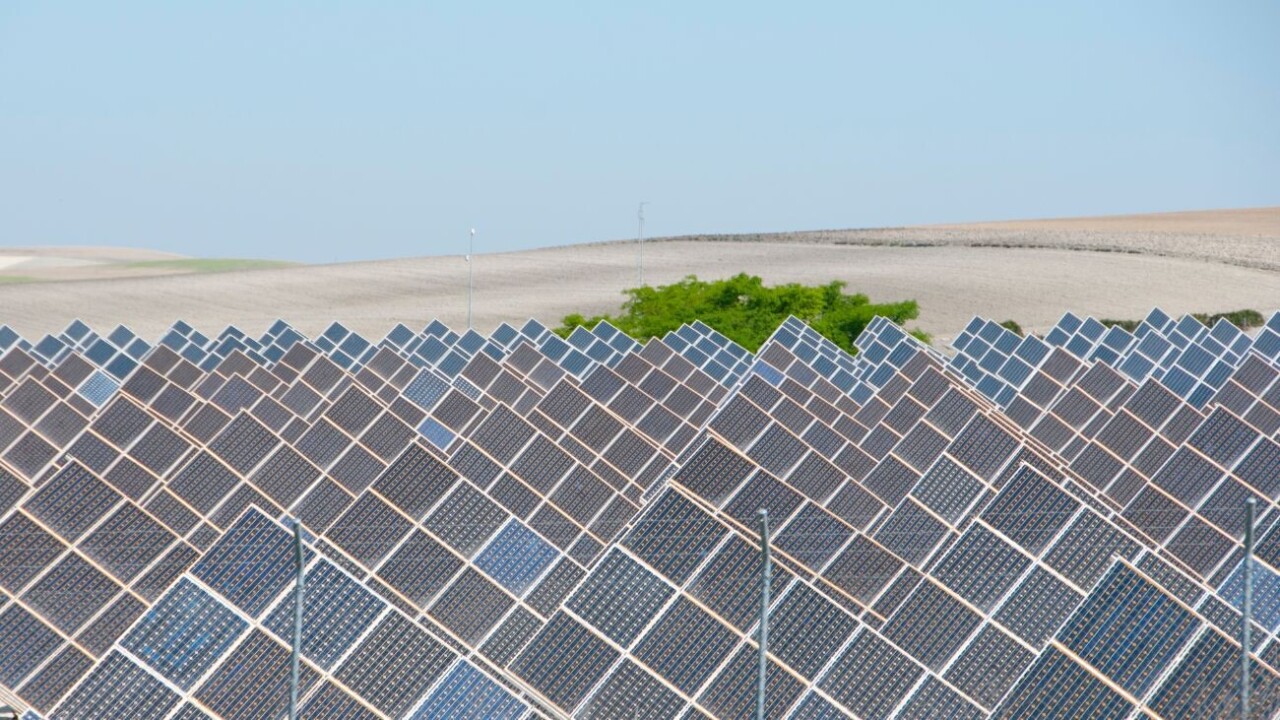The recent large-scale power outage across the Iberian Peninsula, affecting both Spain and Portugal, has reignited public debate around the reliability of renewable energy sources. As blackouts ripple through cities and towns, some skeptics are quick to label this disruption as a failure of green energy and, by extension, climate policy itself. However, a deeper analysis reveals that this incident is not a condemnation of renewable energy but rather a reflection of the transitional hurdles nations face when shifting from fossil fuels to cleaner, more sustainable energy systems.
A Moment of Crisis — But Not a Collapse
On the surface, the Iberian blackout appears alarming. Millions were left without power, daily activities came to a halt, and emergency services were tested. Yet, to understand the root cause, it’s essential to look beyond the headlines. Preliminary reports indicate that the outage was triggered by a combination of factors including grid overload, intermittency in wind and solar supply, and insufficient storage capacity. Notably, it was not caused by a lack of energy generation per se, but by structural and logistical gaps in managing that energy efficiently.
This distinction is critical. The blackout highlights infrastructural bottlenecks, not the inherent incapability of renewables. The failure was one of coordination and system integration, not one of resource scarcity or environmental naïveté.
The Growing Share of Renewables in Iberia
Spain and Portugal have been leaders in the adoption of renewable energy in Europe. In 2024, renewables accounted for nearly 60% of electricity production in Portugal and around 50% in Spain, with wind and solar making up the bulk. These numbers are not coincidental; both countries benefit from abundant sun and wind, favorable geography, and strong policy frameworks encouraging the energy transition.
But high renewable penetration also brings new challenges. Unlike fossil fuels, which provide a stable and controllable output, renewables are inherently variable. Solar production drops at night and during cloudy days; wind power fluctuates with weather patterns. These fluctuations require a grid that is agile, interconnected, and equipped with advanced forecasting and storage technologies—something the Iberian infrastructure is still evolving to support.
From Fossil Comfort to Renewable Realities
The energy systems of the 20th century were built around centralized, controllable, fossil fuel-based power plants. Transitioning to a decentralized and variable renewable system is not simply a matter of replacing coal plants with solar panels. It involves rethinking grid management, market incentives, storage technologies, and cross-border energy flows.
What happened in Iberia reflects this transitional friction. Renewable sources are not failing—the systems managing them are catching up. For example, energy storage, a linchpin of reliable renewable grids, is still insufficient. While battery storage capacity is growing, it remains far from what is needed to fully balance fluctuations in generation. Likewise, digital grid management systems, including AI-driven demand response and smart metering, are not yet universally implemented.
The blackout shows what happens when the pace of renewable adoption outstrips the modernization of supporting infrastructure.
Climate Policy Is Not the Culprit
Critics of climate policy often seize upon such events to question the wisdom of moving away from fossil fuels. However, using the Iberian blackout as a referendum on climate action is misguided. In reality, the power outage serves as a wake-up call to accelerate—not abandon—the renewable transition.
Climate change remains an existential threat, and decarbonizing energy is non-negotiable. The key is not to retreat to fossil fuels in times of difficulty but to build a smarter, more resilient grid that can harness renewables effectively. Blaming the outage on climate policy is akin to blaming car crashes on the invention of automobiles—it overlooks the growing pains inherent in any technological revolution.
Building the Grid of the Future
To prevent future outages and ensure energy security, several areas need urgent attention:
1. Grid Modernization
Upgrading grid infrastructure to handle distributed energy sources is paramount. This includes investments in transmission lines, substations, and real-time monitoring tools. A “smart grid” enables better forecasting, faster response times, and more efficient energy distribution.
2. Energy Storage
Battery technology, pumped hydro, and even hydrogen-based storage systems are essential for balancing supply and demand. Iberia needs massive investment in energy storage to cope with the intermittency of renewables.
3. Regional Integration
Energy interconnection with neighboring countries like France and Morocco can provide a buffer during local supply shortages. Cross-border energy markets allow for better load balancing and economic efficiency.
4. Demand-Side Management
Advanced technologies can help consumers adjust their usage based on grid conditions. For instance, smart meters and time-of-use pricing can incentivize off-peak consumption, easing pressure on the grid.
5. Policy Alignment
Government policy must be proactive, not reactive. This means long-term planning, subsidies for clean tech, research funding, and public-private partnerships that prioritize resilience over short-term returns.
Learning from Mistakes
Every transition is marked by moments of disruption. The industrial revolution brought pollution and labor unrest. The digital revolution disrupted economies and raised privacy concerns. The green energy revolution will also come with its own turbulence—but unlike previous shifts, this one is being undertaken not for convenience or profit, but out of necessity.
The Iberian blackout is a clear example of how not to interpret failure. Rather than indicting renewable energy, it provides an invaluable learning moment. It highlights the urgent need to synchronize infrastructure development with the rate of renewable adoption. The faster we learn and adapt, the fewer such disruptions we will face.
A Call for Resilience, Not Retreat
Energy systems are undergoing their most profound transformation in over a century. As fossil fuel dominance wanes, the challenges of managing a renewable-based grid come into sharper focus. But these challenges are not insurmountable. They are engineering problems, planning problems, and political will problems—but they are solvable.
In fact, many regions around the world have shown that high levels of renewable integration can coexist with grid reliability. Denmark, Germany, and parts of the U.S. have all managed to keep the lights on while dramatically increasing green energy in their mix. Iberia can do the same—with the right investments, policies, and public understanding.
Conclusion: A Necessary Disruption
The Iberian power outage is not a symptom of failure but a sign of progress. It shows that the region is moving boldly into the renewable future, albeit with growing pains. These disruptions, while inconvenient and even dangerous in the short term, should not deter us from the path forward. Instead, they should motivate governments, utilities, and citizens to accelerate the development of a clean, reliable, and resilient energy system.
Transition is never easy. But the alternative—clinging to fossil fuels in the face of a changing climate—is far worse.




